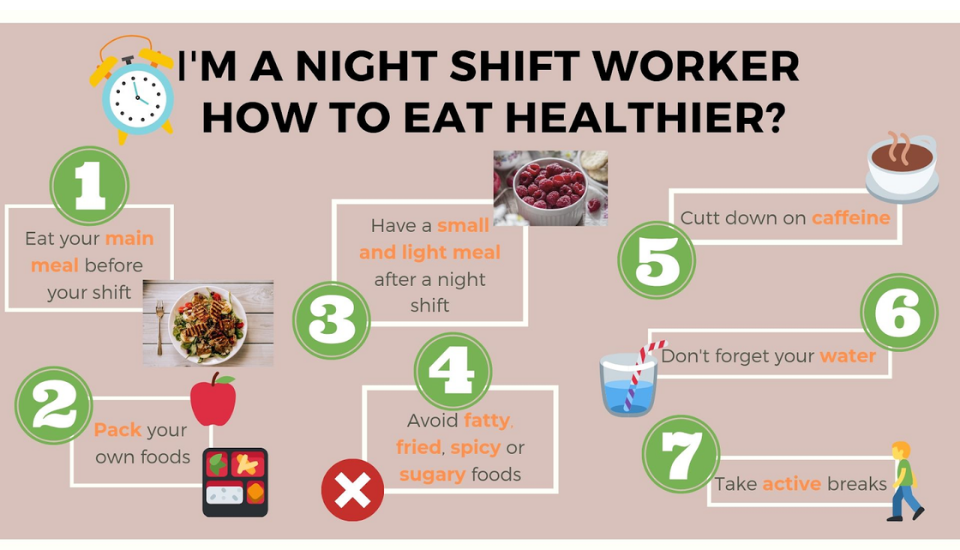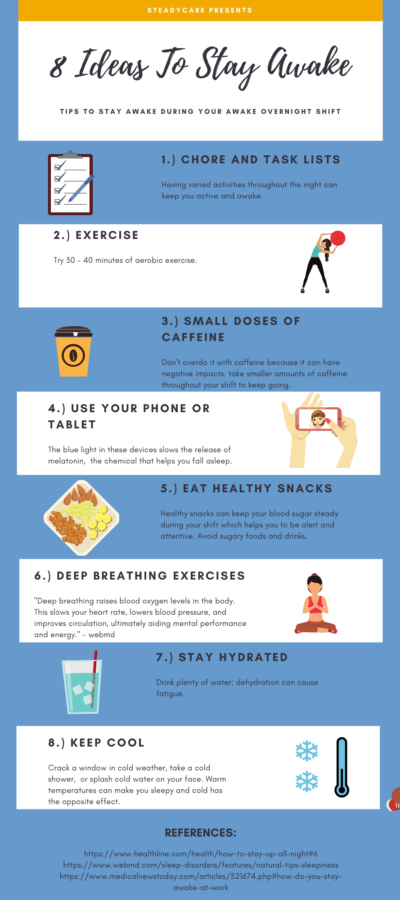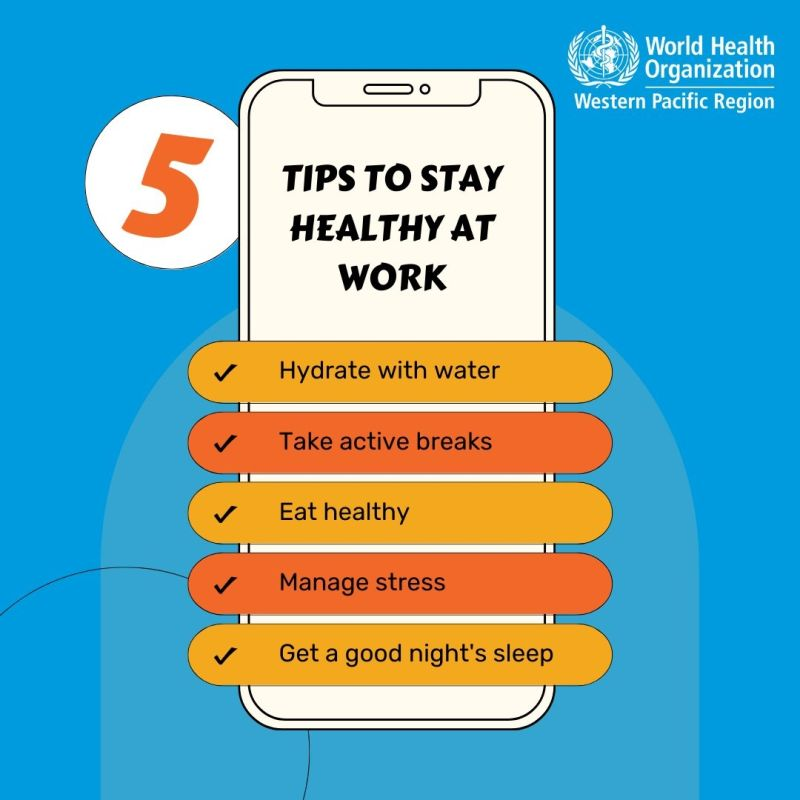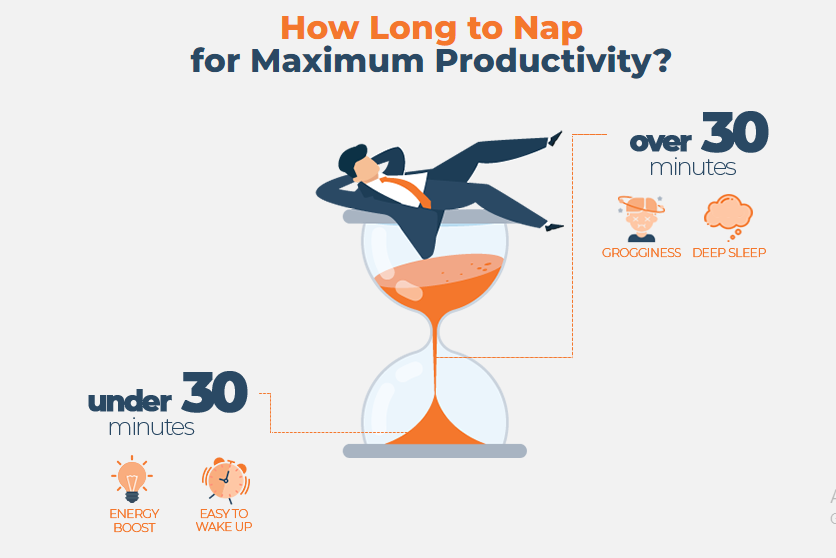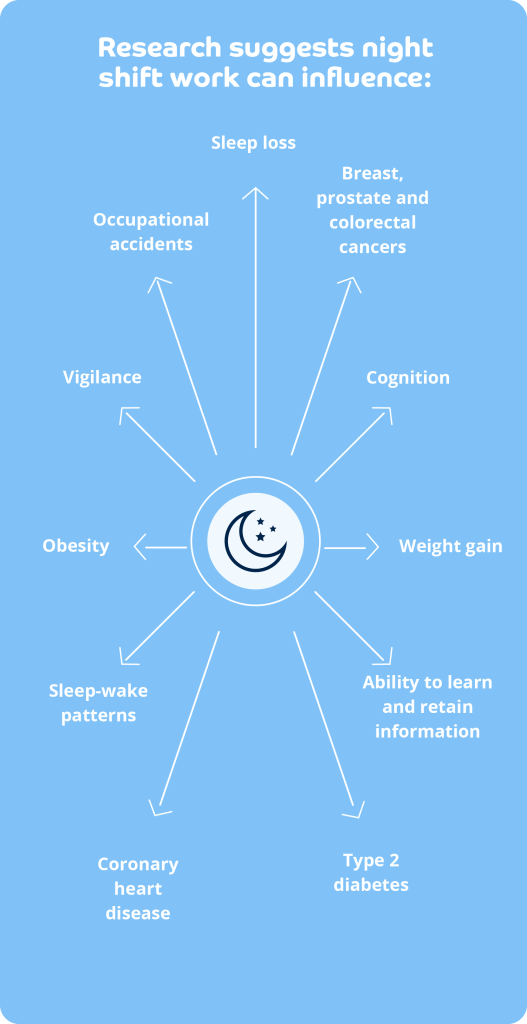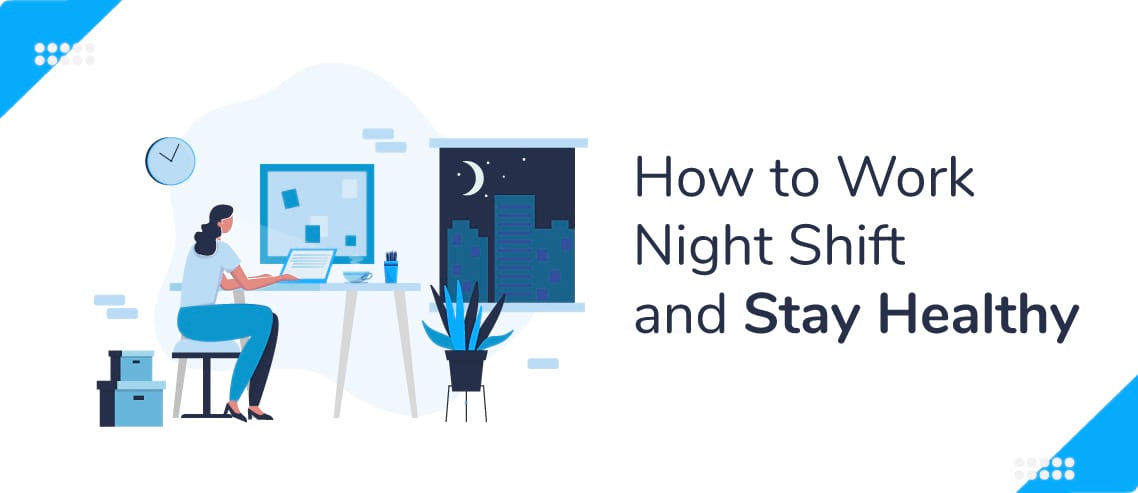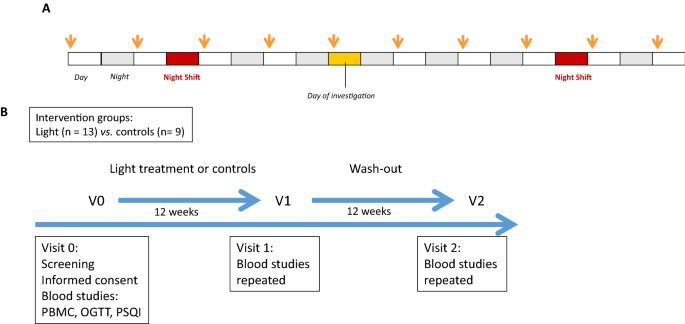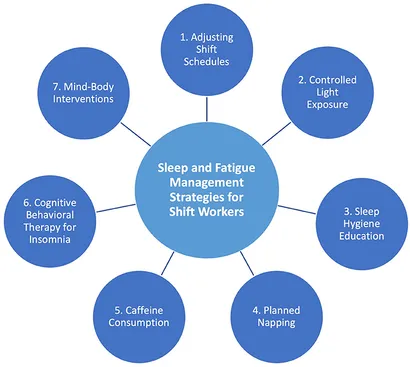5 Sleep Hacks for Shift Workers
1. Establish a Consistent Sleep Schedule
Shift work can wreak havoc on your sleep schedule, making it difficult to get the recommended 7-9 hours of sleep each night. One of the best ways to combat this is to establish a consistent sleep schedule. Try to go to bed and wake up at the same time every day, even on your days off. This will help regulate your body’s internal clock and make it easier to fall asleep and stay asleep.
Another important aspect of establishing a consistent sleep schedule is to create a relaxing bedtime routine. This could include activities such as taking a warm bath, reading a book, or practicing deep breathing exercises. By doing the same routine each night before bed, you signal to your body that it’s time to wind down and prepare for sleep.
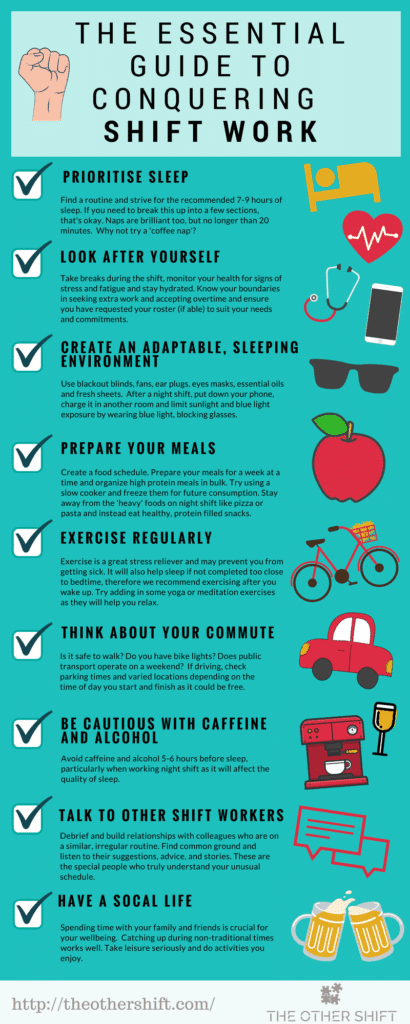
Lastly, make sure your sleep environment is conducive to restful sleep. Keep your bedroom cool, dark, and quiet, and invest in a comfortable mattress and pillows. These small changes can make a big difference in the quality of your sleep.
2. Limit Exposure to Light
Exposure to light plays a crucial role in regulating our sleep-wake cycle, also known as our circadian rhythm. For shift workers, who may be exposed to artificial light during nighttime hours, it’s important to limit exposure to light to promote better sleep.

One way to do this is to wear blue light-blocking glasses in the hours leading up to bedtime. Blue light, emitted by electronic devices such as smartphones and computers, can disrupt the production of melatonin, the hormone that regulates sleep. By wearing these glasses, you can reduce the impact of blue light on your body and improve your sleep quality.
Another way to limit exposure to light is to make your sleep environment as dark as possible. Invest in blackout curtains or wear a sleep mask to block out any unwanted light while you sleep. This will help signal to your body that it’s time to rest and promote better sleep.
3. Prioritize Nutrition and Exercise
Eating a healthy diet and getting regular exercise can have a significant impact on your sleep quality as a shift worker. Avoid heavy meals and caffeine close to bedtime, as these can disrupt your sleep. Instead, opt for light, balanced meals and snacks that won’t leave you feeling too full or too hungry before bed.
Exercise is also important for promoting better sleep. Regular physical activity can help regulate your circadian rhythm and improve your overall sleep quality. Try to get at least 30 minutes of moderate exercise each day, but avoid vigorous exercise close to bedtime, as it can be stimulating and make it harder to fall asleep.
Additionally, consider incorporating relaxation techniques such as yoga or meditation into your daily routine. These practices can help reduce stress and anxiety, making it easier to unwind and fall asleep at the end of a long shift.
4. Take Short Power Naps
For shift workers who struggle to get enough sleep at night, taking short power naps during the day can be a game-changer. A 20-30 minute nap can help boost alertness, improve mood, and increase cognitive performance without leaving you feeling groggy or interfering with your nighttime sleep.
To make the most of your power nap, try to find a quiet, dark place to rest and set an alarm to wake you up after 20-30 minutes. Avoid napping for longer than this, as it can lead to sleep inertia, leaving you feeling even more tired than before. Experiment with different nap lengths and times of day to find what works best for you and incorporate power naps into your daily routine.
5. Seek Professional Help if Needed
If you’ve tried various sleep hacks for shift workers and are still struggling to get the rest you need, it may be time to seek professional help. A sleep specialist or healthcare provider can help diagnose any underlying sleep disorders, such as insomnia or sleep apnea, and recommend appropriate treatment options.
In some cases, cognitive-behavioral therapy for insomnia (CBT-I) may be recommended to help address any negative thoughts or behaviors that are impacting your sleep. Medications may also be prescribed to help regulate your sleep-wake cycle and improve your overall sleep quality.
Don’t be afraid to reach out for help if you’re struggling with sleep as a shift worker. With the right support and treatment, you can improve your sleep and overall quality of life.
Conclusion
In conclusion, shift work can present unique challenges when it comes to getting enough sleep, but with the right sleep hacks and lifestyle changes, it is possible to improve your sleep quality as a shift worker. By establishing a consistent sleep schedule, limiting exposure to light, prioritizing nutrition and exercise, taking short power naps, and seeking professional help if needed, you can set yourself up for better sleep and overall well-being.
Remember that everyone’s sleep needs are different, so it may take some trial and error to find what works best for you. Be patient with yourself and give these sleep hacks a try to see what helps you get the rest you need to thrive in your shift work schedule. With a little dedication and consistency, you can achieve better sleep as a shift worker and enjoy a healthier, more energized life.


